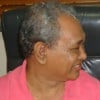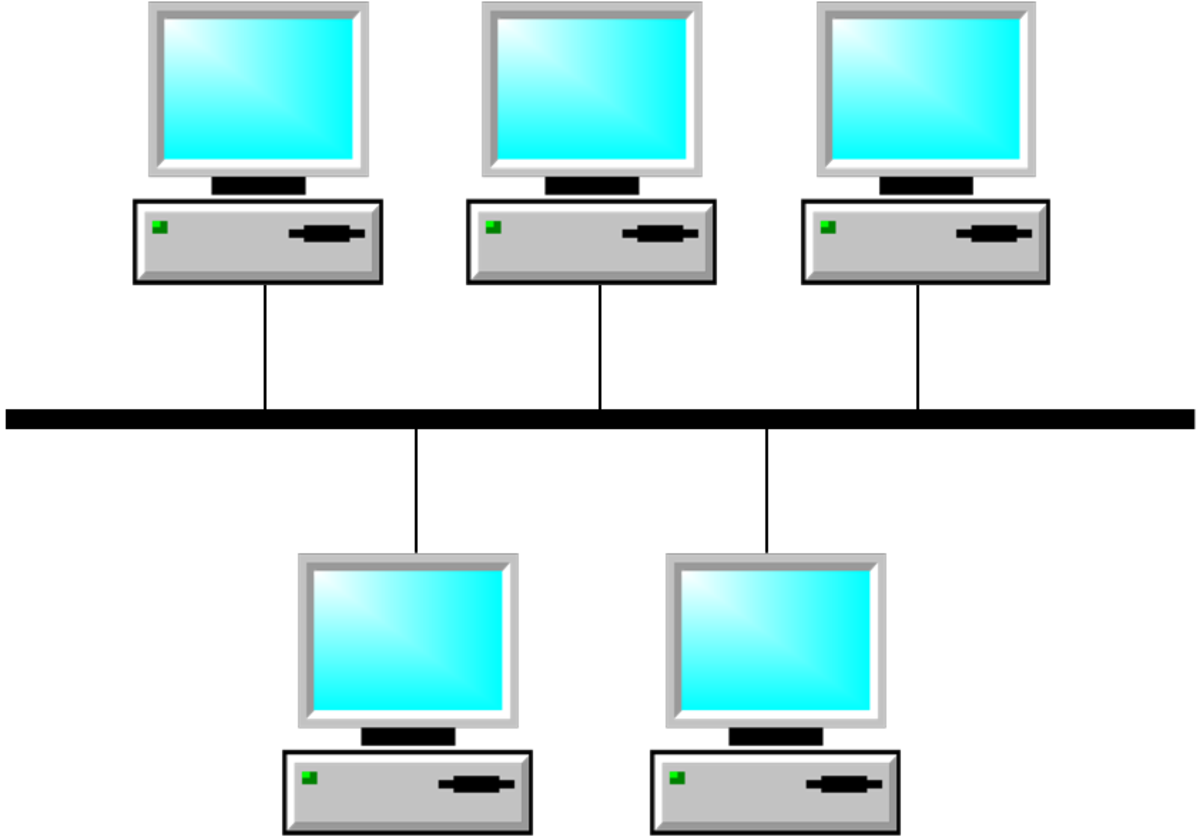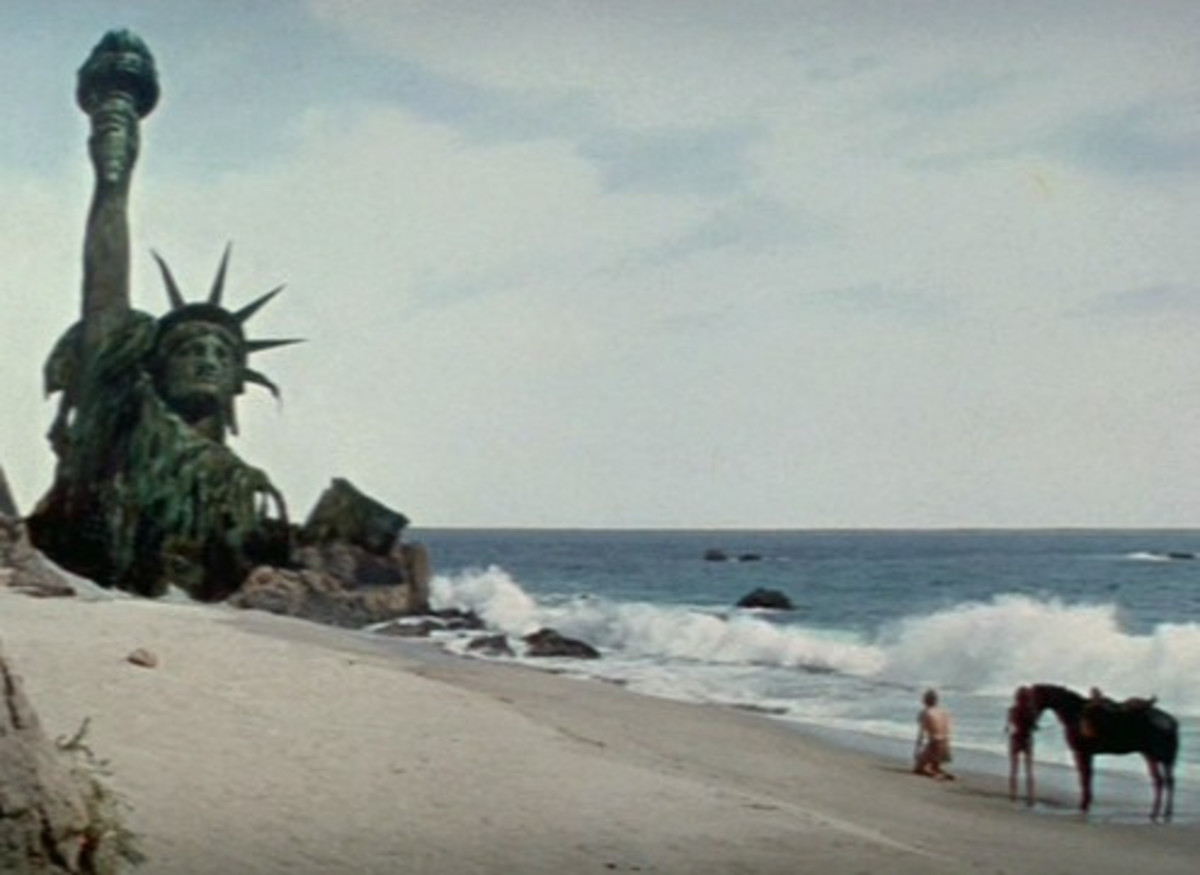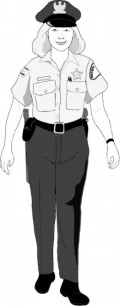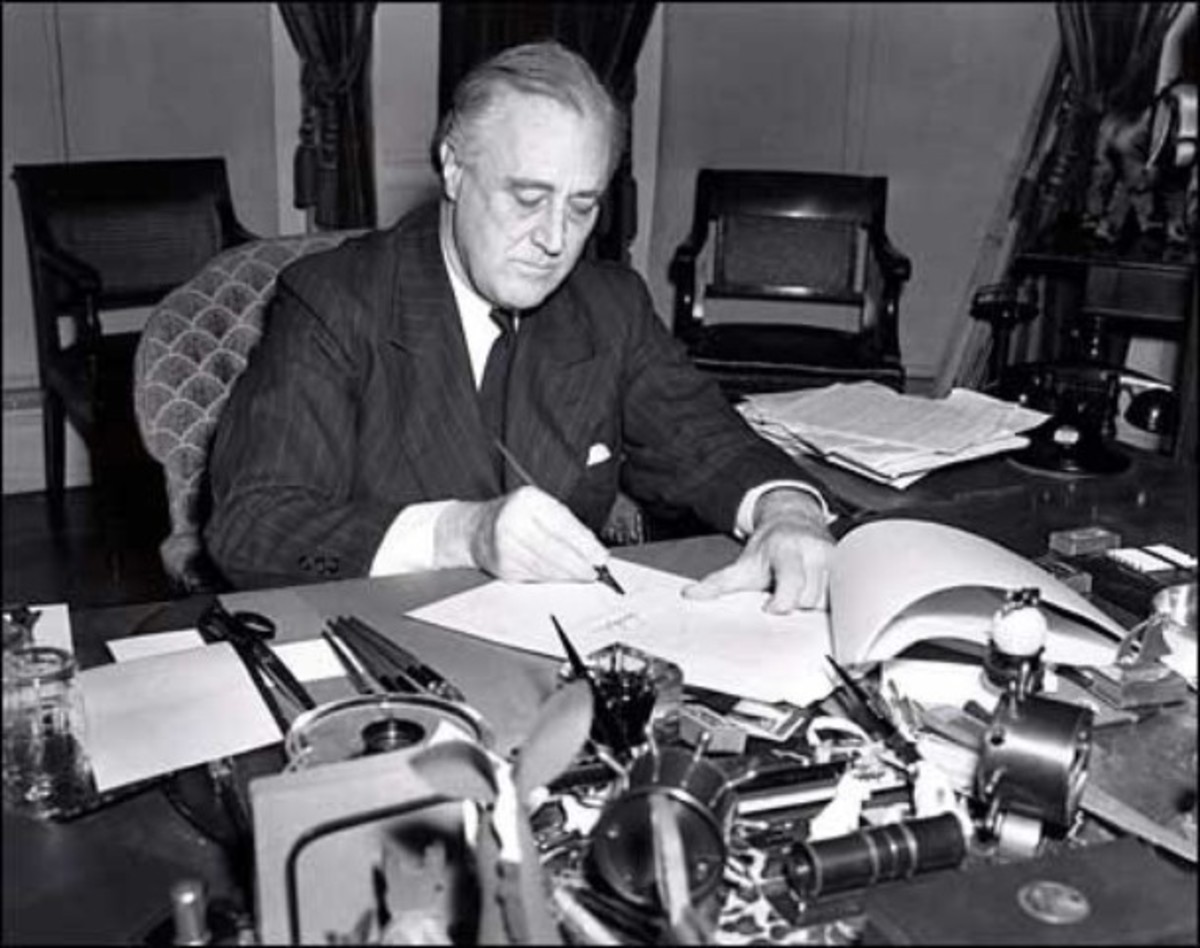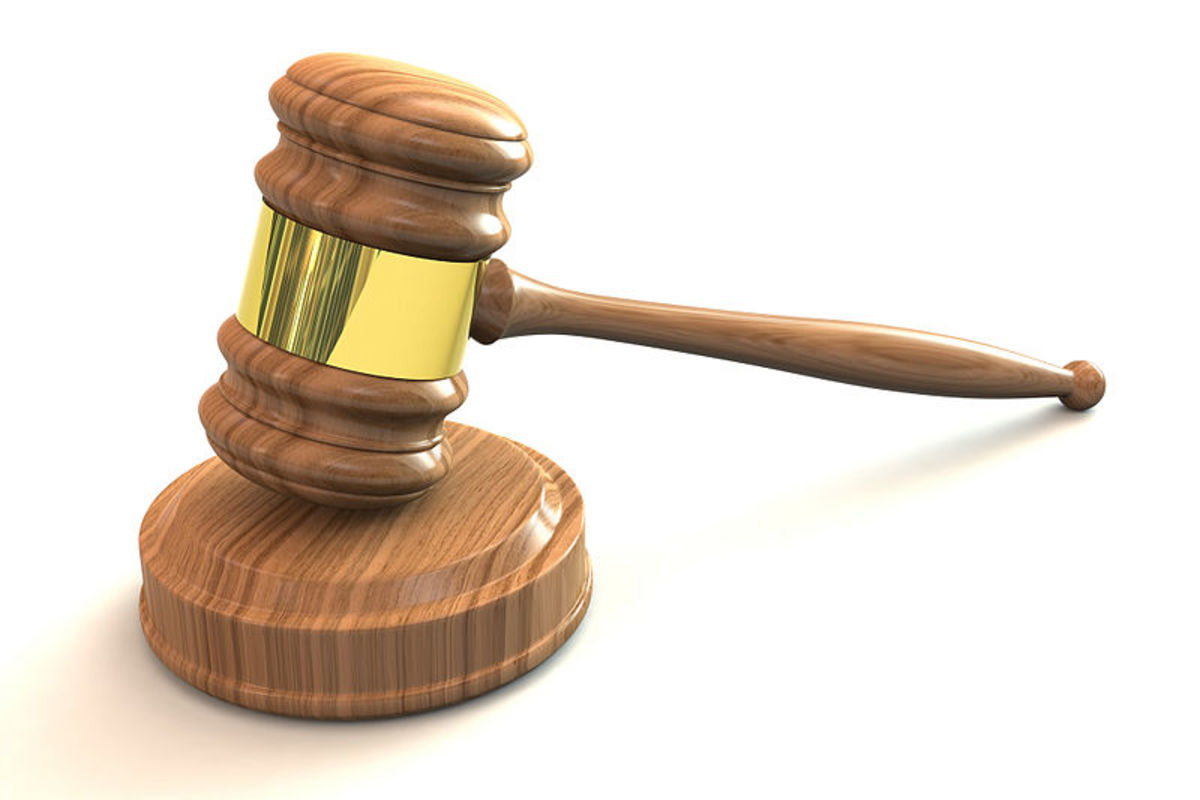Morality Has a Wider Scope than Legality
Graphical representation of a universe that includes morality and legality
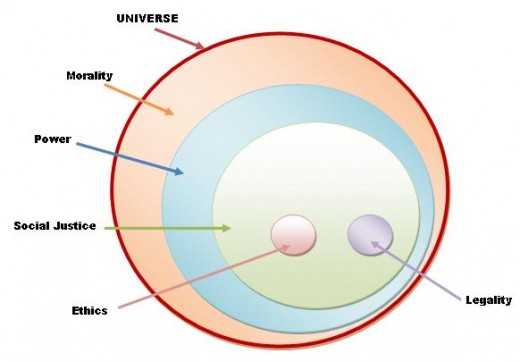
Legality started as morality
Morality has a wider scope than legality.
Let us clarify. The original question is: “What holds more weight morality or legality?” I propose to revise the question into: “Which has a wider scope, morality or legality?”
"Weight" as a concept has more to do with physical things that can be measured in units like kilogram. But "morality" and "legality" are not physical entities. "Scope" does away with the suggestion of physicality and lends to graphical representation. Let’s refer to the graphical representation.
We start with the “universe” that includes all that is possible and probable. Possible means whatever can be thought of. Probable means physical extension (a quadruped called elephant exists) or verifiable (the moon revolves around the earth). You can think of an endless universe – that is possible. You assert the presence of creatures in Mars – that is probable. The universe consists of physical entities, concepts (energy, mass, justice, power) and relationships among concepts (power dominates justice).
Morality is a subset within the universe. Morality is what ought to be, to be tautological. Morality is expounded by the philosopher like Locke or Hume or Kant; by the writer like Aldous Huxley; by the prophet like Mohammad; by the preacher like Jesus Christ; by the reformer like Confucius. It is advocated by the United Nations with its program of "sustainable development." It is also advocated by individuals. The stock statement may be: "I wish...."; "I should...." "We should...." "You ought...." "The _________(corporation) ought to give back part of its profits to the patronizers of its products." "We should topple _________ (this dictator) from power." "The people ought to be the ultimate source of power."
Power is a subset within morality. Power is subdivided into naked power (force), persuasive power, economic power, executive power (of the president or chairman of a corporation) and priestly power (religious, magic), as Bertrand Russell puts it in his book "Power." Russell is a mathematician, philosopher and Nobel Prize winner in Literature. Through priestly power, the Catholic Church burned Joan of Arc at the stakes; then reversed itself and canonized her as a saint. Through priestly power, with the use of Inquisition, a pope had Galileo imprisoned for life because Galileo found through his telescope that the earth is going around the sun. By persuasive power, Hitler became chancellor of Germany. Through economic power, the Federal Reserve bank controls the monetary policies of the united States. Through executive power, the maker of a pain reliever proceeded in the making and marketing of a drug that induces stroke and heart attack in a person who continuously take it in18 months. This was done overriding the doubt by its own chemists over the safety of the same drug.
Power is the ability to attain an objective. Power is a quantitative concept, according to Russell. Power can attain even immoral aims. For example, the United States annexed the Philippines from 1901 to 1946. The Filipinos fought the Americans to no avail. a fledgling republic against an aggressive imperial power that had gone through the American Civil war, the most modern war at that time. Spain colonized the Philippines since 1521 to 1896 by means of power. That colonization was immoral.
Religions used power to attain what they wanted. For example, the pope through the crusades had Jerusalem occupied. The crusades are among the follies of man, said Bernard Baruch who was a Wall Street speculator, chairman of the American War Industries Board in WWI , and one of the panelists in the negotiations on the Treaty of Versailles.(Baruch, B. My Public Years. 1960), There were nine crusades that spanned from 1059 through to 1500s. By means of power, Hitler's Germany occupied France in WWII. Had it not been for the Allied forces that defeated the Axis forces, France could still be a German territory.
Some moral aims can be attained through power. Take the case of France during the French Revolution in 1799. The representatives of the masses asserted themselves as the true rulers of France over that of the nobility and clergy. They proceeded to promulgate a French constitution and abolished the privileges of the clergy and nobility. The French army was on their side that enabled them to repulse intervention from Austria. When King Louis XVI attempted to escape to Austria, he was captured then guillotined for treason. Later, Queen Marie-Antoinette was guillotined for the same reason.
Was the usurpation of power by Napoleon Bonaparte moral? When the revolutionaries had taken over France the leaders, who belonged to different camps like Jacobins, went further to eliminate each other, each attempting to consolidate power unto himself. So, came the Reign of Terror. Joseph Bonaparte was part of a ruling clique who lacked training in the military. He got into a ruling triumvirate his brother Napoleon who graduated in a French military academy and proved himself as a leader in previous battles. Eventually Napoleon, now also commander of the army, usurped power over that of his brother. He crowned himself king, restored order and proceeded to codify the laws of France. Then he made himself emperor. It might have been good for France but bad for neighboring countries because Napoleon embarked upon the conquest of Europe to be stopped by the British and Prussians under the command of Wellington in Waterloo.
Social justice is a subset within power. Social justice is a term borrowed from religious literature but let us divest it of some religious color for reasons of popularity, thus easily understood. Social justice has to do with formal and informal relationship among several people. For example, each citizen of Haiti owns one hectare of land. The reverse of social justice is, of course, social injustice. We will not make a subset out of it but make it the other side of social justice. For example, in the Philippines 10% of the population own the land mass of the country and the 90% don’t own land. There is social injustice here.
Social injustice can be committed by a health maintenance organization (HMO) in the United States. HMO is a form of private insurance in the level of Medicaid. A member who has a heart disease has the right to reduce mortality rate when he decides to go for coronary arterial bypass graft surgery (CABG). His/her HMO selects hospitals that provide health services to its members. To reduce costs the HMO enters into contracts with hospitals that offer the least cost, say, for CABG. One HMO with a big membership dropped a hospital with a 1.7% mortality rate in CABG in favor or a hospital with a mortality rate of 2.65% (Anders, G. Health against Wealth. 1996). It goes without saying that having a CABG is much safer in the hospital with a mortality rate of 1.7%, the track record of a hospital in New York, USA in 1995 (1.7 patients out of 100 died owing to CABG within 30 days). .But the members of this HMO have no power to choose the contract hospital. A member can have his CABG in New York hospital but pays for it out of his/her own pocket, not paid by his/her HMO. On the average, the mortality rate of CABG is 2 to 5% worldwide. Why have CABG in a hospital with an average performance when hospitals with a mortality rate lower than 2% is available?
(I have a related Hub, Risks are higher if Managed Care Chose Hospitals With Low Capability to Treat The Heart).
Legality is a subset within social justice/social injustice. For example, in the Philippines haciendas, vast tracts of land inherited from the Spanish regime, have not been redistributed equally by law. Haciendas planted to fruit trees and sugar cane are not subject to the Land Reform Law of the Philippines, whereas haciendas planted to rice are subject to the Land Reform Law. The tenants in orchards and sugar lands are victims of social injustice. The Land Reform Law falls under legality.
New entries as of July 30,2012
Here is another example of a moral aim attained through power, involved social justice and landed as legality. This is the slavery Emancipation Proclamation of 1863 by President Lincoln.
It started as an issue in morality. Lincoln campaigned with the platform of anti-slavery in 1860. At that time France, Russia and Great Britain had already abolished slavery. It could have been an act of expiation on the part of Great Britain as it was the pioneer in slavery of the Afrikaner. Queen Victoria was among the first investors in the slave trade.
During the early part of the American Civil War (1861-62) Great Britain and France had some sympathies for the Confederate States of America or South. Russia had been friendly to the United States of America or North throughout the civil war. Only these three countries had the capability to intervene at that time in the American Civil War. They would have been embroiled in diplomatic embarrassment if they recognized the South because of its pro-slavery policy. (I have a Hub "American Civil War: How Did the North Preempted Great Britain and France from Intervening for the South?").
Lincoln used his executive power to issue the Emancipation Proclamation that belongs in legality.
“…Lincoln issued his proclamation of freedom, ‘as Commander in Chief of the Army and Navy of the United States, and as a fit and necessary war measure for suppressing said rebellion.’ The Emancipation Proclamation, he declared later, had ‘no constitutional or legal justification, except as a military measure’” (Donald, D. “Abraham Lincoln and the American Pragmatist Tradition.” Kuzirian, E. and L. Madaras. Editors. Taking Sides. 1987:332-340). End of new entries
Getting back to the original question, it can be seen that morality has a wider scope than legality. In history we can find examples of the above graphical representation. Other people may see the universe differently; that's alright. This representation is an attempt at formulating a theoretical framework of morality/legality. I may refine it later; so far I find it to fit events in history.
The universe is expanding, says the physicist. The universe will end in December 2015, says the doomsayer. The universe has no boundary - is another possibility.
The genetically modified organism (GMO) is safe to eat, like Btcorn, says Monsanto. The Bt corn is not safe to eat, says the environmentalist.
[Bt means Bacillus thuringiensis, a bacteria that is used as an organic pesticide. Its genes have been inserted, by biotechnology, into the genome of corn to make the crop resistant to pests, particularly stem borer.I have a Hub on this subject, http://conradofontanilla.hubpages.com/hub/Knowledge-Management-A-Sentence-That-Is-Neither-True-Nor-False].
In this discussion, we regard morality as possessed by humans. “Ought” might be exhibited by animals and even meteors as those that go astray break up. Even an electron exhibits “ought.” Two unpaired electrons of molecular oxygen are unstable. To stabilize itself one free electron takes another electron of a neighboring molecule. It is more probable that the behavior of the electron is governed by physical laws than by morality much less legality. There is anthropomorphism about it.
Laws are meant to be just. However, some laws discriminate. Some lawmakers make laws that favor themselves. In the Philippines, Congress in some years back enacted a law that gives pork barrel: Php 170 million for a representative, Php 200 million to each senator each year. Each representative or senator spends his/her pork barrel without showing any receipt of expenditure. This pork barrel is regarded as an economic bonanza that representatives or senators use for reelection or get their relatives or friends elected. There is no prospect that this law will be abrogated by the same Congress.
Some individuals or corporations push lawmakers to promulgate self-serving laws. The Federal Reserve bank is a private corporation created by U.S. Congress that has the power to control the monetary policies of the United States. It is insulated from politics, meaning the U.S. president or Congress has no power to meddle in its decisions. There is no prospect that the same U.S. Congress will ever amend the law that has given the Fed this power.
The United States has pushed other nations to adopt the same system In the 1990s, the Philippines was pressured to pass a law along the line of the Fed; the Central Bank of the Philippines is now in place. That members of the Central Bank of the Philippines are appointed by the President does not make the Central Bank responsive to the wishes of the President, de facto that of the Filipino people represented by the President. Such appointment is a proviso in deception. Once appointed, the member of the Board of Directors of the Central Bank is mandated to act independently of the President and Congress. The Central Bank is the conduit of the International Monetary Fund and the World Bank to control the monetary policies of the Philippines.
Justice still plays a role in law-making. However, power now dominates legality. Take the international law that says, for a siege to be legal it must be sustained.
The Falkland Islands located near South America legally belongs to Great Britain that can defend it against Argentina.
You make a moral appeal to limit power, to right social injustice, to amend a constitution, to abrogate an unjust law, to make just laws.
New entries as of July 29,2012
I enjoy a journey in discovery. The last sentence was meant to be a conclusion of this Hub but it points to some more ideas that might make this Hub more useful. I added today a subset on Ethics within social justice, separate from legality.
Ethics is part of morality overall. However, this ethics is a formal one. For example, Code of Ethics in government service in the Philippines. One admonition or provision is: "A division chief should not borrow money from his lower staff."
In the medical profession there is a provision that says: "The patient has the right to complete information." Another one, "A doctor of medicine should not bad mouth another doctor of medicine." In the law profession, the prosecutor and the defense lawyer should not exchange information on the case of their clients. In journalism, "A writer should not copy the work of another writer and claim it as his own." A transgression is called plagiarism.
These ethical provisions are gathered, and systematized as code of ethics.
Transgression of code of ethics may entail some form of punishment. A division chief may borrow money from a lower staff but this is discouraged because it erodes the credibility of the chief in addition to a diminution of his moral authority over the lower staff.
Another provision in the Civil Service Code of Ethics in the Philippines is: "Don't gamble inside the office during office hours" Some employees transgressed this provision. They were suspended from work for one month without salaries.
A patient must be given complete information on her/his disease and the method of treatment or cure for him, or his proxies, to decide whether to go or forgo treatment or cure. The consent of the patient to a mode of treatment must be obtained after giving him/her or his proxies complete information. This will enable the consumer to make a better decision. Incomplete information may result in failure of treatment and unnecessary expenses. One form of punishment on the part of the health practitioner is decrease in patronage of his/her clinic and services.
In the medical profession second opinion is encouraged. The provision that discourages bad mouthing among doctors benefits patients and results in better relationships among health providers.
A form of punishment for plagiarism in journalism is rejection of the plagiarist's articles submitted for publication. In the law profession, it could mean disbarment, meaning his license to practice law will be withdrawn. There is a present case against a justice of the Supreme Court who wrote the draft that was promulgated as the court's decision on a case. It was found that he copied some lines from the decision of a judge of a foreign country. An impeachment case has been lodged against him in the Congress of the Philippines. If found guilty, he may be impeached as justice of the Supreme Court and he may be disbarred as well.
The United States has a code of ethics in the medical profession and a medical malpractice law. India also has a medical malpractice law. The Philippines has a medical code of ethics but does not have a medical malpractice law. Code of Ethics has less force than law. For example, a doctor ordered the magnetic resonance imaging (MRI) in diagnosing a simple case of appendicitis. X-ray or ultrasound would have sufficed. MRI is much more costly than either X-ray or ultrasound. A patient or proxies who filed a complaint over the use of MRI and refuses to pay for it cannot get redress. The cost of MRI must be paid, may be for less upon negotiation. But the punishment for the doctor cannot go to the extent of withdrawing his license.
Another example, a surgeon removed the whole right kidney when only partial nephrectomy had been consented to. Under the code of ethics license to practice medicine of the surgeon is not withdrawn. Under medical practice law, his license is withdrawn plus fines and cost of damages. (Partial nephrectomy consists in the removal of only diseased parts of the kidney, healthy parts remain that can still function.)
Medical malpractice law belongs in legality. In the United States failure on the part of an attending doctor to explain alternative modes of treatment or cure even that is not his expertise is considered as malpractice. For example, a cardiologist who is an expert in coronary arterial bypass graft surgery (CABG) must also explain to the patient or proxies alternatives treatments or cures, like chelation therapy. However, it appears that this provision is not strictly enforced as there are several cases in CABG where medication or chelation therapy is the better alternative. A Congressional oversight committee reported in 1978 yet that 25,000 cases of CABG per year in the United States had been unnecessary (Cranton, E. MD. Bypassing Bypass. Updated second edition. 1995).
For one thing, the graphical representation shows the origin and foundation of the concepts (morality, power, social justice, ethics, legality). For another, it shows relationships like dominance. One form of power is pitted against another. In some cases a wielder of power combines two forms, priestly and naked power. There was a time the pope also was his own general. Later on, the pope pushed kings to launch crusades with the threat of excommunication. One prince defied him; he married a Muslim princess.
A moral appeal can topple a dictator, like Marcos in the Philippines; like Mubarak in Egypt; break up regimes like USSR over East Germany; empires like the USSR. Executive power can override priestly power like King Henry VIII of England having defied the pope and inaugurated his own church in 1532 making himself the supreme bishop. The pope excommunicated the king but his subjects did not seem to mind. (Most Christians believe that excommunication could deny heaven to the recipient after death.) Naked power can dominate priestly power like in the case of the Filipino revolutionaries in 1901 having likewise defied the pope and organized the Philippine Independent Church (PIC) similar to the Church of England. The archbishop of Manila, Bernardino Nozaleda, the highest Catholic prelate in the Philippines, excommunicated bishop Gregorio Aglipay, who was appointed supreme bishop of PIC. This excommunication was meant to scare Aglipay back to the fold of the pope. Bishop Aglipay excommunicated Nozaleda in return.
To be fair with the Germans during the regime of Hitler; not all of them were in favor of Hitler. The Nazi controlled the German Army through the Gestapo. Some German soldiers still treasured their culture, like Wilhelm Canaris, former chief of army intelligence. He saw that Hitler was slowly eroding the whole culture of Germany. He plotted an assassination of Hitler. The Allied powers got wind of it and Winston Churchill, wartime prime minister of Great Britain, pinned his hopes on it that the war would soon be over. However, Hitler survived the bomb explosion meant for him. The plot was unearthed; Canaris was executed. Gen. Erwin Rommel, the Desert Fox, went down with him, he was the first suspect in the assassination plot. Gen. Rommel committed suicide before he could be investigated.
Power does not necessarily mean numbers. Only a few businessmen had pushed the U.S. Congress to give enormous power to the Fed to control the monetary policies of this country. Only a few landowners pushed the promulgation of the Land Reform Code of the Philippines that impose social injustice upon thousands of farmers.
It goes without saying that morality is based on culture. Among Muslims in Mindanao, Philippines, a datu (male head of a tribe) may have several wives. Among Christians, multiple marriage is a no-no.
Among the concepts the downsides are not shown in the graphics. But power can be used for good and for bad. Morals decide whether the use is good or bad. The bombing of Nagasaki and Hiroshima with atomic bombs killing and maiming thousands of noncombatant civilians was considered good by President Truman and some Americans. The downside of social justice is social injustice. There are good and bad code of ethics. There are just and unjust laws.
In all, morality provides the standards to judge whether the use of power is good or bad, whether there is social justice or social injustice, whether code of ethics is good or bad, and a law is just or unjust.
A moral standard resides in the individual that may be shared by others. On the other hand, one moral standard pits with another moral standard.
Any practical implication of this theoretical framework of morality/legality? One person may use persuasive power to convince another to adopt his standard. A person may use priestly power to make another person believe that Mary, the mother of Jesus, went bodily to heaven.
Once one person relates with another person, power is involved, either in equal terms or dominance. May be the most welcome form of power is persuasion that involves evidence. Power can be used for good or for bad.
Morals may be good or bad. Among men/women, the judgement goes in circles. Don't do onto others what you don't want others to do onto you, says Confucius. (Peter Drucker, a management writer, says this should be formulated in the affirmative mode, thus: "Do onto others what you want others do onto you.") Religion says there is an outside judge, beyond the universe. However, there is some difficulty in communicating with that judge. Some say they can directly communicate, others say you need a go-between.
